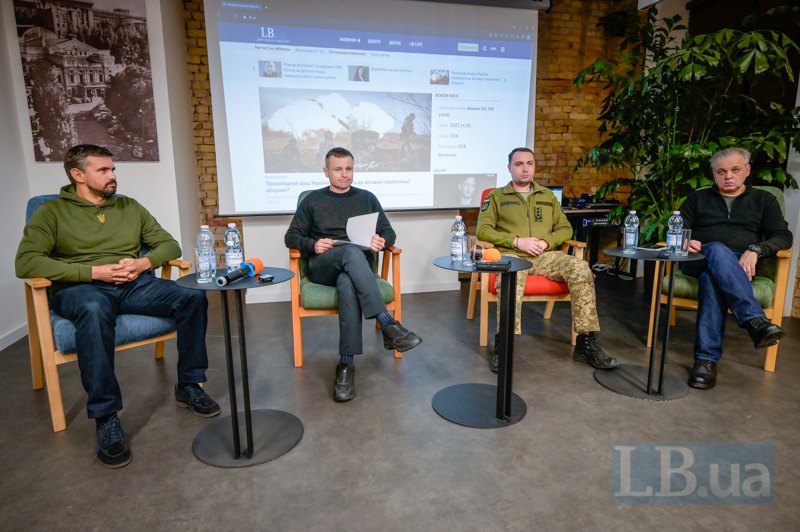
Kyrylo Budanov, chief of Ukraine's military intelligence
According to Budanov, the main risks for Ukraine in 2024 will be in the notional rear, rather than on the battlefield.
"On the battlefield, everything is more or less predictable, there will be no surprises. And there can't be, because I believe we are paid for a reason. As for the government and society, it's harder for me to answer. Excessive hope for help from someone, no matter who, often disappoints. And the main thing is that we do not add to these statistics," he said.
He also believes that in 2024, people's motivation will be important, and this will affect the conduct of offensive operations.
"An unmotivated person will not attack. They will do everything to prevent this from happening. This is a huge problem. If we don't solve it at least partially (it's unrealistic to solve it completely, it doesn't even make sense to take it on), we will be on the defensive. To be on the defensive in an open conventional war with Russia is a creeping defeat for us. Unless we solve the issue of people's motivation, we will not succeed on the battlefield," he said.
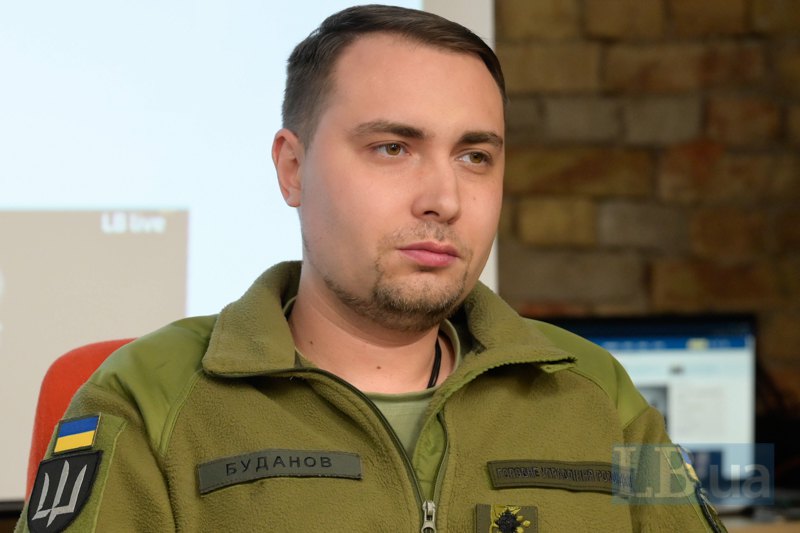
Therefore, in 2024, streamlining mobilisation will come to the fore. As well as the priority of domestic production in the defence industry.
"The amount of weapons we were previously provided with, combined with those produced in Ukraine, does not cover our current needs. There is no growth, this must be clearly understood. Everything is going downhill. How long can this go on? It's a rhetorical question," Budanov says. He adds that Ukraine cannot produce absolutely all the nomenclature required by the Defence Forces at the moment, so it is worth focusing on the immediate needs.
"The biggest need at the front is ammunition and artillery barrels of 122 mm and above. Insufficient number of artillery systems and lack of adequate ammunition for them is the main problem. Therefore, this issue must be addressed as a priority. Everything else should be secondary," Budanov insists.
Regarding his agency's direct activities, he notes that in 2024, the intelligence plans to increase the number of precision strikes on enemy territory. And also to scale up the experience of the ground landing component.
"Without a person physically entering enemy territory, there will be no nervousness there. There's nothing wrong with that, we've done it many times, and we're going to scale up this experience," says Budanov.
Finally, he noted that the Russian Federation has no plans to wage war in 2025. "Perhaps by the end of 2024, if nothing changes, they will adjust it. But right now they have no such plans," he concluded.
MP Serhiy Rakhmanin, a member of the Parliamentary Committee on National Security, Defence and Intelligence
"Ever since the time of Napoleon, God has been on the side of large battalions. I think that all ideas about what war should be like in the 21st century have been dispelled and it has become clear that large masses of people are still needed. Accordingly, we still need mobilisation," Rakhmanin says about plans for 2024.
The strategic plan and its implementation on the battlefield, he believes, will depend on the number of forces and means we have, and this "depends on a huge number of factors, a significant part of which, unfortunately, is outside Ukraine".
In addition, the MP notes, it will be more difficult to fight - both from a psychological and military point of view - if the enemy does not feel our blows.
"It is clear that any strike on any object forces the enemy to pull its air defence units away from the front, so it is a little easier for our military to work," the MP said.
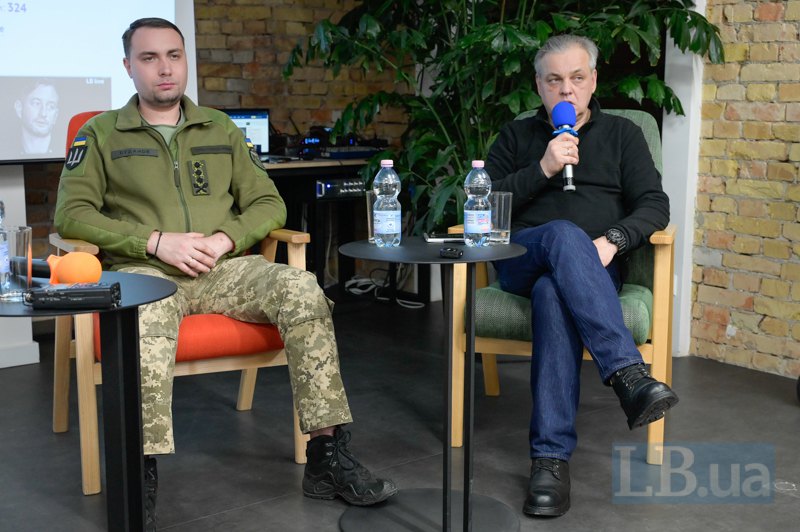
At the same time, he notes, Ukraine is working on a missile programme.
"No matter how much speculation and manipulation there is about the missile programme not being funded or underfunded, exactly as much money is allocated as it is available. Indeed, there is never enough money, but there is always a critically required amount to carry out the relevant work," he said.
He also mentioned Ukraine's local success in defence industry development.
"This is a very important success, and it is already public. The Russians were very sceptical about our developments, but our engineers managed to adapt the S-200 anti-aircraft missile to be used as a surface-to-surface missile. They will continue to work on it.
I would also like to say that at the end of this year, there was not a breakthrough, but some progress in the development of one product. I think that in 2024 we will look to the future a little more optimistically and a little further than we have looked before," Rakhmanin said.
Overall, he believes that the main challenges for Ukraine next year will not be on the frontline ("With the right means, any problem can be solved there") or partner assistance ("It will be lower, but will not stop completely, we will be able to adapt"), but rather on what is known as the rear.
"If, God forbid, things go too far, no-one and nothing will help us. That is why I hope not only and not so much for a statesmanlike position or common sense, but for the instinct of self-preservation. Sooner or later, it will work for everyone who depends on it," the MP said.
Serhiy Marchenko, Minister of Finance of Ukraine
Marchenko notes that next year's funding will be sufficient to ensure what we had in 2023. But this required much more effort than before.
"Unfortunately, attitudes are changing, trends are changing. And what used to be solved in any case in some way now requires enormous efforts. We have to work with people who are not ready to accept the fact that we need help. And when your own interests do not always coincide with the interests of Ukraine, it is very difficult," says Marchenko.
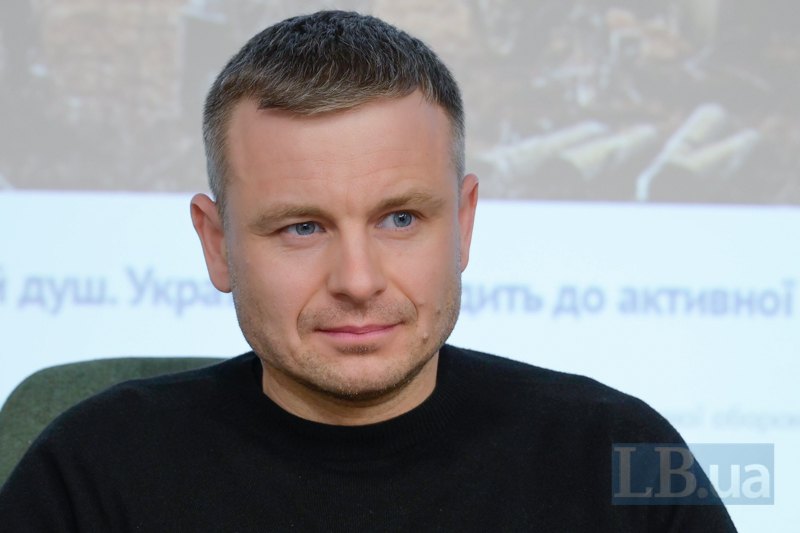
He adds that he always has low expectations when it comes to negotiations with partners, but this year's troubling notes were obvious.
"The agenda has completely different issues. It is more difficult to reach your counterparts, the G7 finance ministers. They hear you, but they don't see you anymore. And I told them at the end that I would not be surprised if next time I could not even meet them. For some of their 'objective' reasons. This is the reality. And time is not our trump card," says the minister.
"But I'm not thinking about 2024. 2024 is almost here. The issue of weapons is a matter of time, when, how. There is a solution. There is a plan B. I am concerned about 2025," Marchenko concludes.
Mykhaylo Podolyak, an advisor to the head of the presidential office
Podolyak believes that the next year will be determined by both negative and positive trends, "but the positive ones will definitely win."
According to him, the negative ones include:
- Loss of fear among our partners.
"Our partners feel that Russia will not go further. That it will always be near Avdiyivka. That is why they have lost the sense of fear that they had at the beginning of the war, when they were ready to help, afraid that the war would be scaled up, including up to their territory. And when they lost this sense of fear, they certainly invested in other issues, discussed other priorities."
- Internal political discussions
According to Podolyak, Ukraine has returned to harsh, offensive, conspiratorial squabbles, which plays into Russia's hands.
"The Russian Federation today sees that we are fighting here, and we just have to wait until either we destroy ourselves or everyone starts to shy away from us. This is a bad component, a psychological component. It's an extremely negative trend for us," the OP representative said.
- Lack of experience
According to Podolyak, before the war in Ukraine, no-one understood what a large-scale war in the 21st century was. Our partners did not understand this, they did not know what weapons we needed and in what quantity. Neither did we. This war is a learning experience for everyone.
Among the positive trends in 2024, he names:
- Understanding what weapons we need, "where to invest, what to increase, where to work with partners, what to explain". We are talking about the production of drones, long-range missiles, and electronic communications.
"We understand what asymmetric warfare is. What the modern technological breakthrough of this war is. Whether we can implement it is another logistical question. Will we be able to set it up quickly? I think so. And I feel that our partners understand this," says Podolyak.
- Changes in the position of European countries towards the Russian Federation and Ukraine.
"We are a subject in Europe, while Russia is not. Whereas yesterday Germany believed that it would be possible to turn around and make Russia a business partner, today it does not think so," Podolyak said.
"But there is one problem that we have not solved because we do not know how to communicate. In truth, we do not produce a competitive cultural product that could replace the Russian cultural product in Europe. Before the war, Russia made a lot of integrative products on the topic of what the 'Russian world' is, and sold them on the European market. They (Europeans - Ed.) want to abandon this, but there is nothing to replace it with. It's a complicated topic, and we need to think about it. But the key thing for us is that Europe has changed its attitude towards Ukraine and Russia," he adds.
- Lack of choice
"What option do we have but to win the war? What is it? Because if we are depressed, saying that we will not reach the final in 2024 or 2025, I advise you to watch the film Silent Deportation about the Crimean Tatars from 2014. What the Russians did to them. What is shown there is a small percentage of what they will do to us if we do not win the war. We have no chance to exist as a state if we do not win the war. There will be no negotiation process. We will not agree on anything with the Russians. And this is a positive thing. Because when you have no choice, there is only one road to follow. And we will follow it," Podolyak concluded.
Ihor Liski, chairman of the EFI Group supervisory board
Liski outlined a number of factors that will significantly affect Ukraine's ability to win the war with Russia in 2024.
In particular, he is concerned about unity at the country level.
"No matter what anyone says, we are the frontline of the civilised world. We can only be defeated by ourselves. The main task is to maintain the unity and effectiveness of the government, society and military leadership. No matter how insignificant it may seem, it is extremely important. It is necessary for mobilisation. For our Western partners. For peace in the country. For controllability and so on," the businessman said.
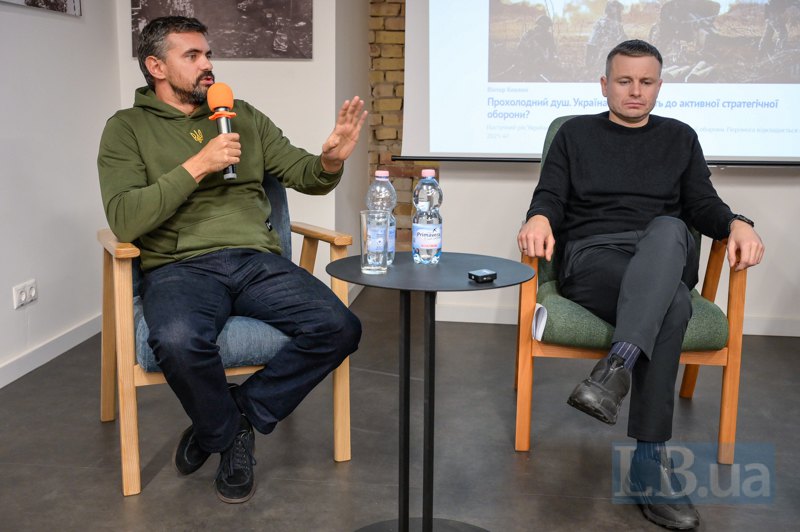
In his opinion, it is also crucial to ensure the speed and efficiency of decision-making.
"This is the only thing that saved us at the beginning of the war. But if we start bureaucratising it, 'bogging it down'... When our law enforcement agencies [possibly erroneous referral to MPs – ed.note] returned from the 'Lviv cauldrons', everyone had to think about how to cover their own arse, not how to effectively implement a bill or send something to the frontline as quickly as possible. And this is our internal problem. No-one in Washington, London or Brussels will do this work for us," Liski said.
Another super-task, he says, is to build an internal dialogue in society, in particular on the topic of mobilising or reorienting the economy by the principle of "everything for the front".
"I would like large and medium-sized businesses to know what the country needs, what they can do to produce quality weapons, maybe some components, other things," says Liski.
And the last thing is an honest conversation between the government and society about the victory.
"We need to be honest and understand when and what a victory is. We need to grow up. Perhaps it needs to be stretched. Perhaps we need to make difficult decisions. But the more honest we are with society, the more likely we are to avoid repeating the mistakes of 1918, when we lost our statehood completely," the businessman pointed out.








